view more articles:
Article provided by Meravista.com
Meravista is the world’s largest property portal devoted exclusively to the Algarve. It brings visitors the latest state-of-the art search technology, making it easy to find their perfect property in the Algarve.
- View maps, listings and property details at the same time
- Over 300 standardised property details
- Compare properties side by side
- Save your favourite properties and searches









Utility supplies and bills in Portugal
It’s always difficult to know what to do about utility supplies in a new area, never mind in a new country, so here are a few tips to help you along the way.
Electricity and choosing energy suppliers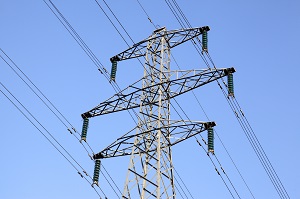
Since 2012 EDP no longer has the monopoly to supply electricity to Portugal so now there are a number of suppliers to choose from, and prices are competitive. EDP has options that allow for cheap rates at certain times of day. Electricity can be expensive in Portugal so make sure you consider all the providers carefully and don’t forget to read the small print.
Transformers and adaptors
In Portugal the voltage is 220 (v) and 50 Hertz (Hz) AC. The uniform European two point plug is used. Depending on where you are moving from, you may need to either change all the plugs or have enough adaptors for all appliances.
The voltage in the US and Latin America is 110 and 60 hertz so all of these appliances would need a transformer to step the 220v power down to 110v, otherwise your appliances will ‘blow up’. Any appliance with a timer will be out of synch and will eventually burn out, due to the difference in the Hertz – even if you use a transformer. Again, adaptors will be needed for these appliances which you can buy in shops such as Continente or the local drogaria (hardware shop).
Gas
Generally speaking, towns and cities have mains gas available, which is used for appliances and heating. Galp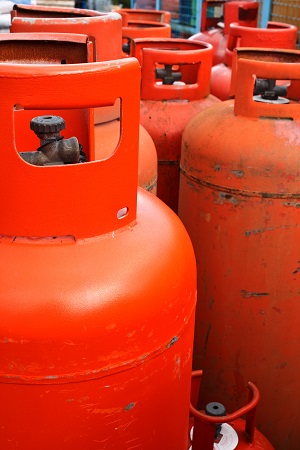 is the primary supplier and have to approve all installations. Gas water heaters should be serviced and de-scaled regularly. Most people don’t realise that gas pipes have a life span, after which they can be dangerous if not replaced. Stoves and water heaters are the most the most common appliances using gas so do ensure that all pipes and flow controls are in good order and replace them if necessary.
is the primary supplier and have to approve all installations. Gas water heaters should be serviced and de-scaled regularly. Most people don’t realise that gas pipes have a life span, after which they can be dangerous if not replaced. Stoves and water heaters are the most the most common appliances using gas so do ensure that all pipes and flow controls are in good order and replace them if necessary.
Bottled gas is available in supermarkets, petrol stations or hardware shops and is the most common method for using gas in Portugal. Gas bottles come in various sizes 10kg, 15kg, 20kg and 45kg for home and BBQ; check your gas storage space in your new home to see which size is best for you.
Helpful numbers:
Water
In general there are three ways to have water at your property in Portugal: mains water, borehole, and delivery by trucks. Due to EU regulations, more and more areas are being connected to mains water. If your property is on mains water you may seriously want to consider not having irrigation in your garden and to be sparing with water.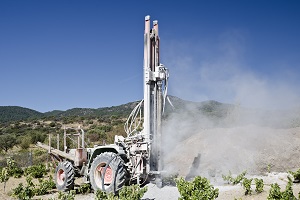
If you live in a rural area, you may have a borehole and/or a cisterna (water tank) on your land. Borehole and cisterna pumps need to be regularly maintained. Make sure any filters are cleaned and/or changed on a regular basis and that taps and wheels are kept well lubricated.
A special float valve on a length of rope, dangling into your cisterna, will get the cisterna filled automatically if you are pumping from a borehole. It will also let you know the cisterna needs refilling if you are trucking water in to the property. If you rely on water from a cisterna and you don’t have the float valve, check the level frequently and ensure that it is filled before it becomes empty. If the level is allowed to drop too low, you may find that sediment is drawn into your pump, which can cause the pump to malfunction.
Water delivered by truck is expensive so check around as prices vary. Don’t be fooled into thinking A is cheaper than B by the truck load. The size of the truck tanks vary and a smaller truck may be charging you the same as a larger truck. Generally speaking, your new neighbours should be able to point you in the right direction.
Water in Portugal tends to be hard and will coat your appliances with lime scale, so it is recommended to have a water softening machine to filter out the lime scale if this is the case in your area. This will save you in the long run as it will increase the life span of your appliances. You may also need to use anti-calc products (lime scale remover) for tiles, taps, windows and anywhere else that regularly gets water on it.
Water can be expensive whatever supplier you have, so always take care not to waste this precious commodity.
Some tips for saving water:
Solar panels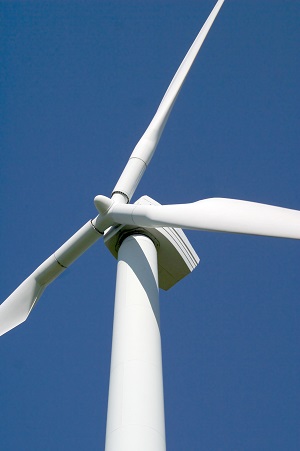
Solar panels are widely used for heating water and swimming pools in Portugal. With so much annual sunshine it makes sense to use the sun for more than just lazing on a sun bed. The initial outlay can be costly but in the long term using solar power can help to reduce your annual energy bills. There are many suppliers of solar equipment, who will also carry out the installation. Prices can vary extensively so it’s worth shopping around.
Windmills
Wind power is a growing energy source in Portugal. If you have suitable space on your property, wind turbines may be a cost-saving option for you. The drawbacks are that the initial investment is expensive, there is a constant (day and night) humming sound, and to some people it is an eyesore. However the up-side of wind powered energy is that you will rarely get an electricity bill, and often your windmill will produce more energy than you need which you can arrange to ‘sell’ back to EDP.
Paying your utility bills
Many utility companies have various structures for payment. For instance, EDP will bill you monthly or bi monthly: they will estimate your bills for eleven months and read your meter on the 12th month, adjusting your payment up or down, depending on your annual usage. If you prefer, you can phone in your meter reading each month or bi monthly to receive an accurate bill.
Meters are used to gauge water use and again your bill can be paid monthly or bi monthly. Invoices will be estimated for 11 months of the year, with a reading at the end of the year when your final bill is adjusted.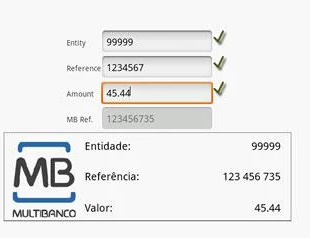
Most utility bills can be paid by direct debit or at Multi Banco (ATM machines) with your debit or credit card, or in the Post Office (take your invoice with you).
Trucked water is a ‘cash on delivery’ system.
With this information you should be on the right track to choose your suppliers wisely and without problems. More often than not the previous owners of your property will let you know how their utilities were set up, which will at least start you off while you find out the most cost-effective options.